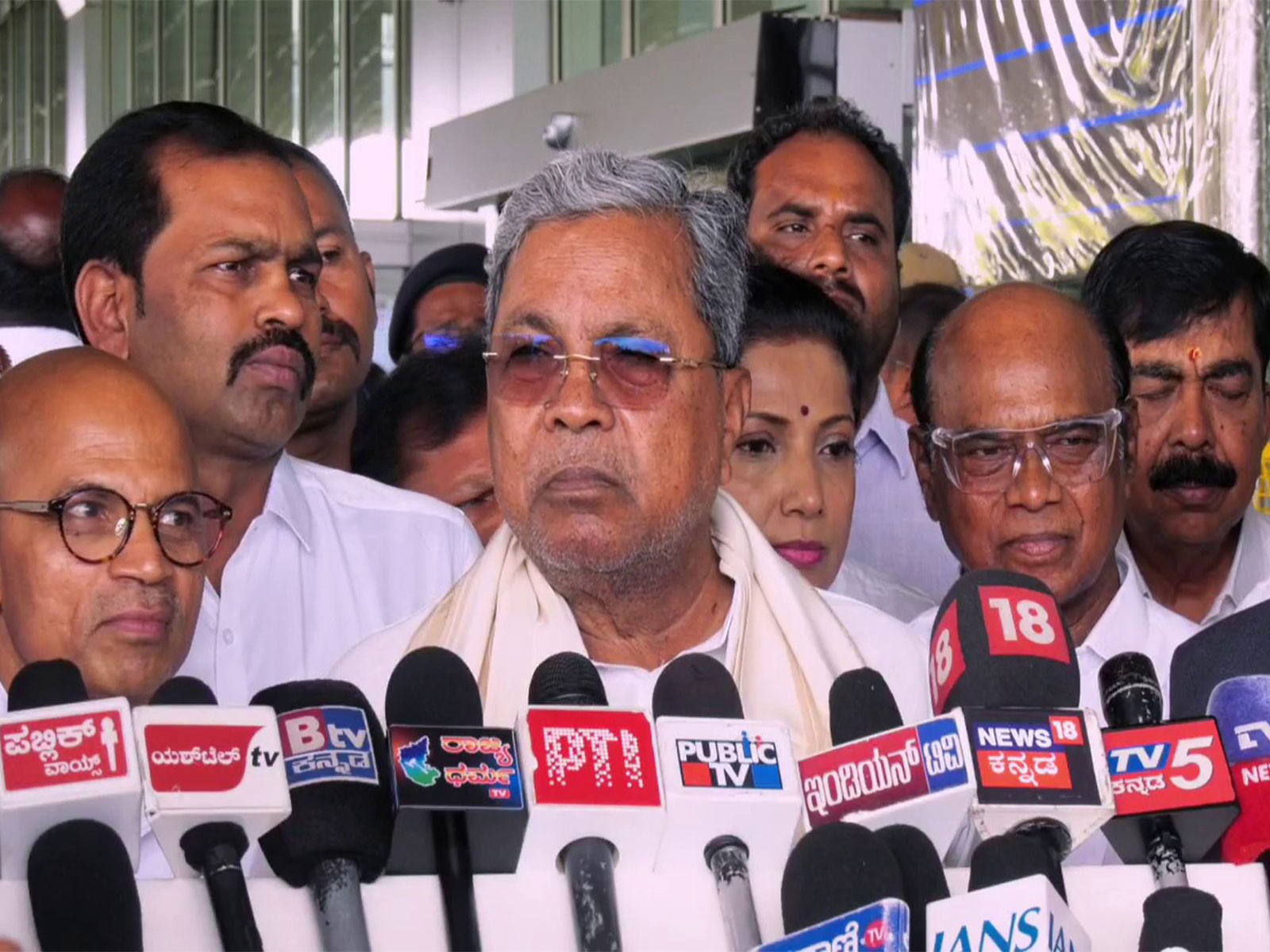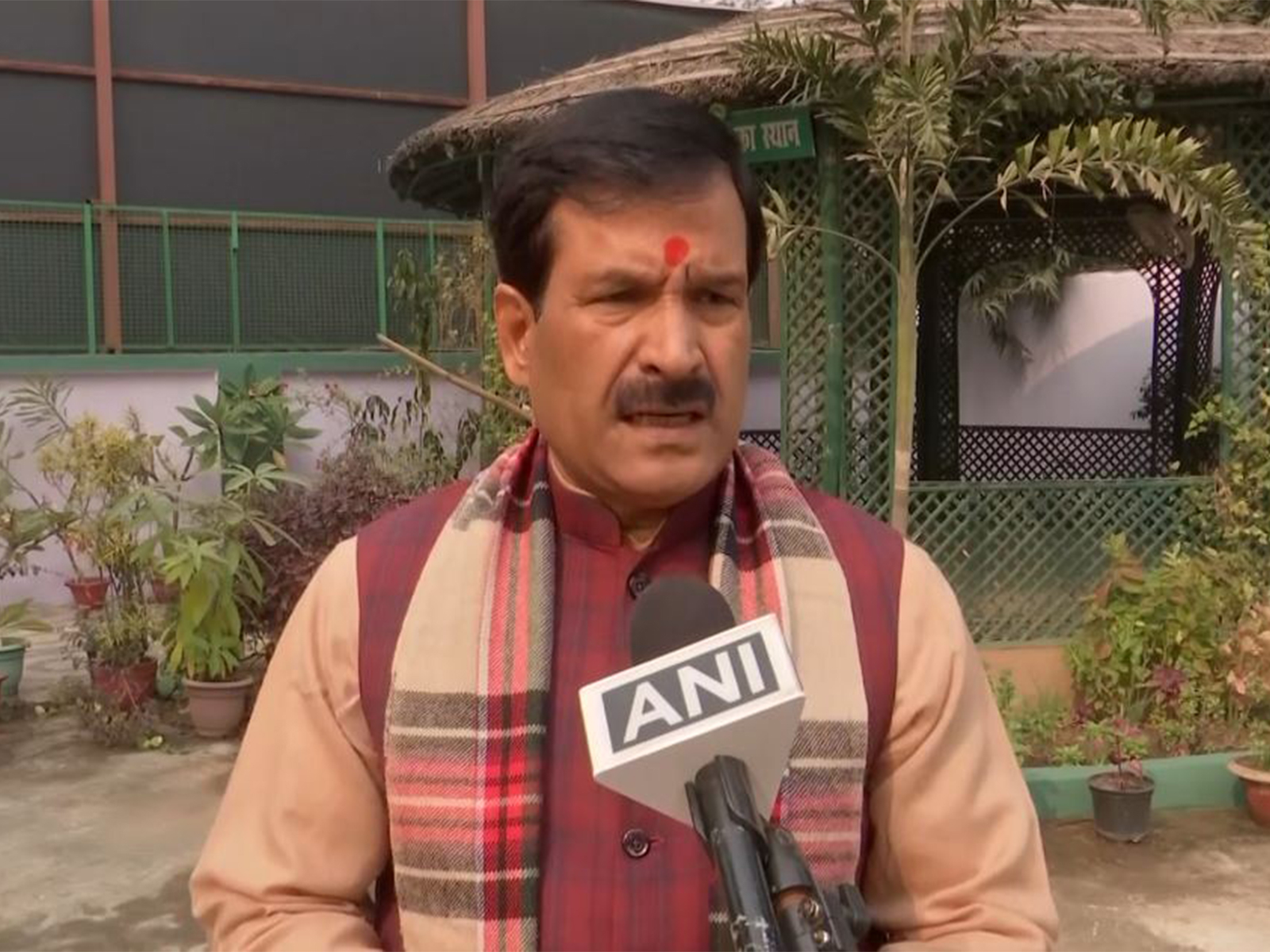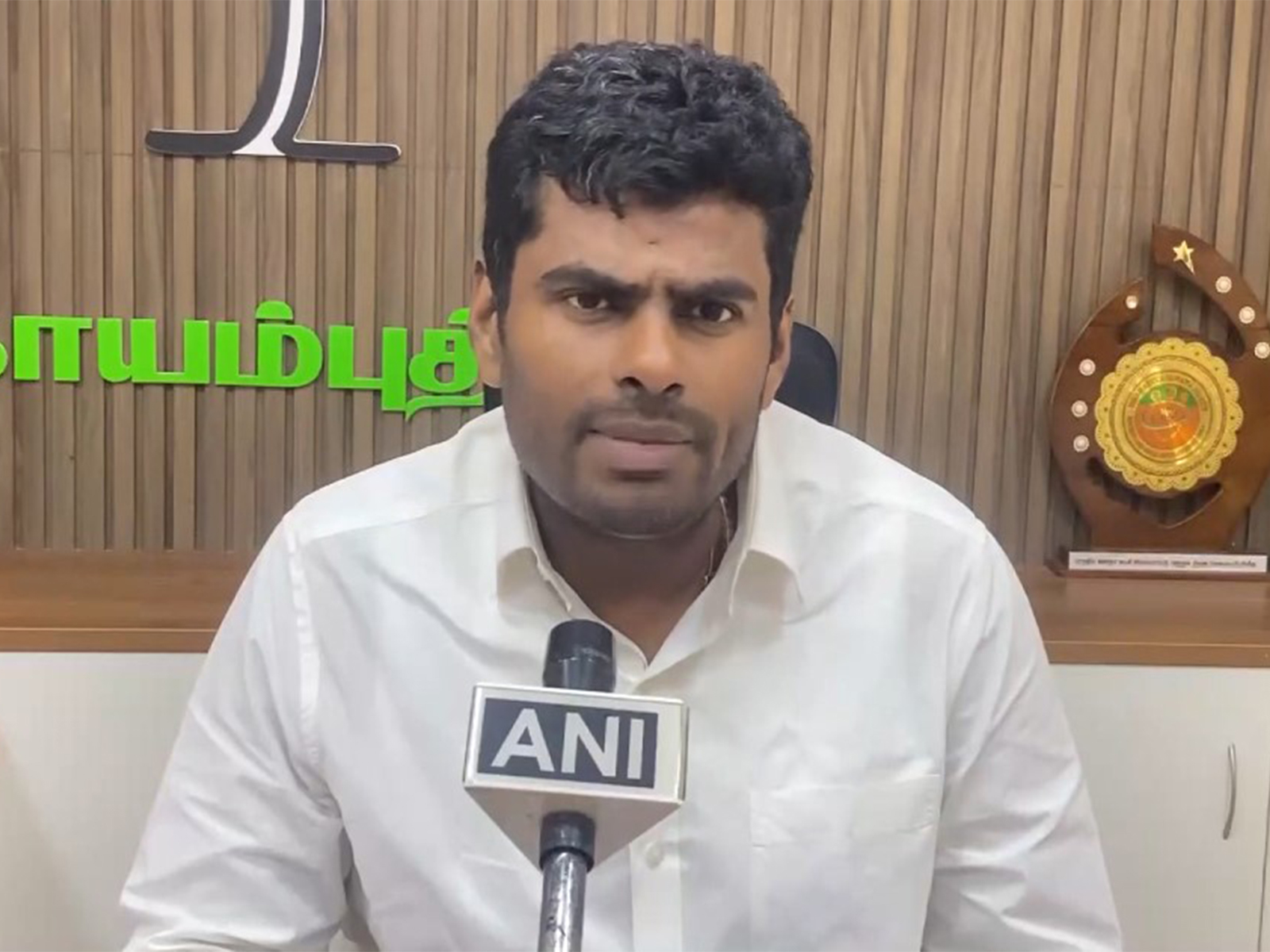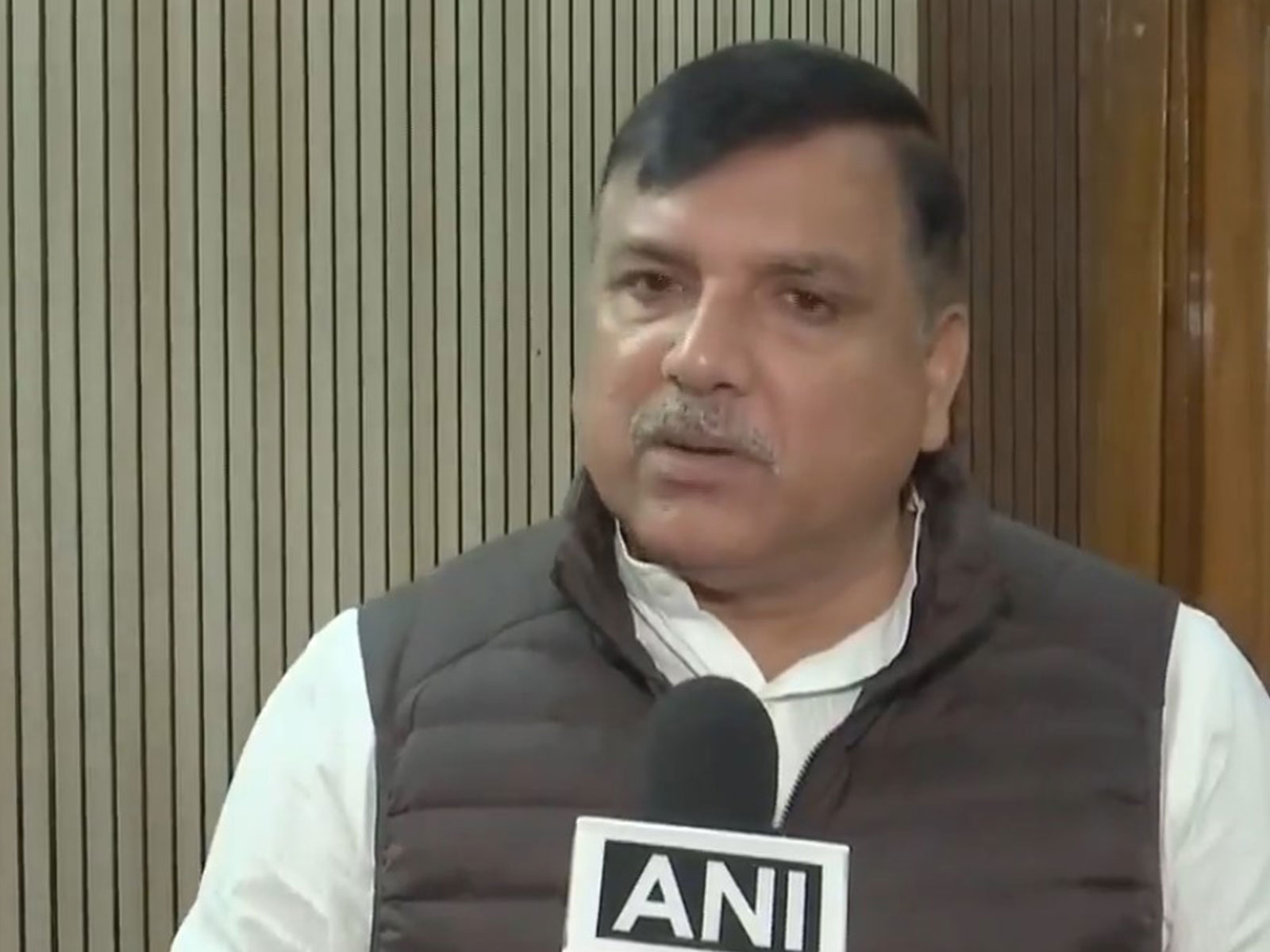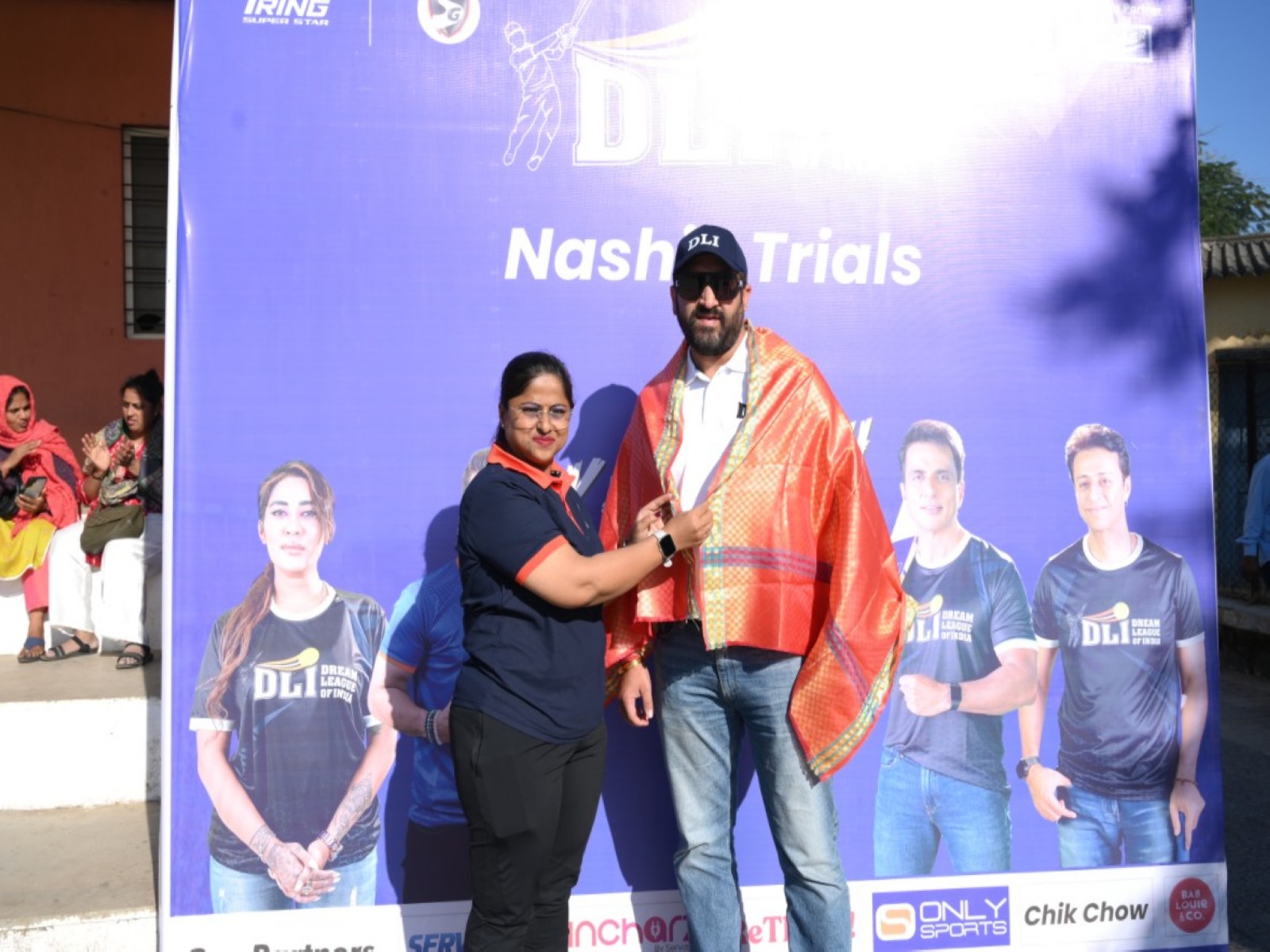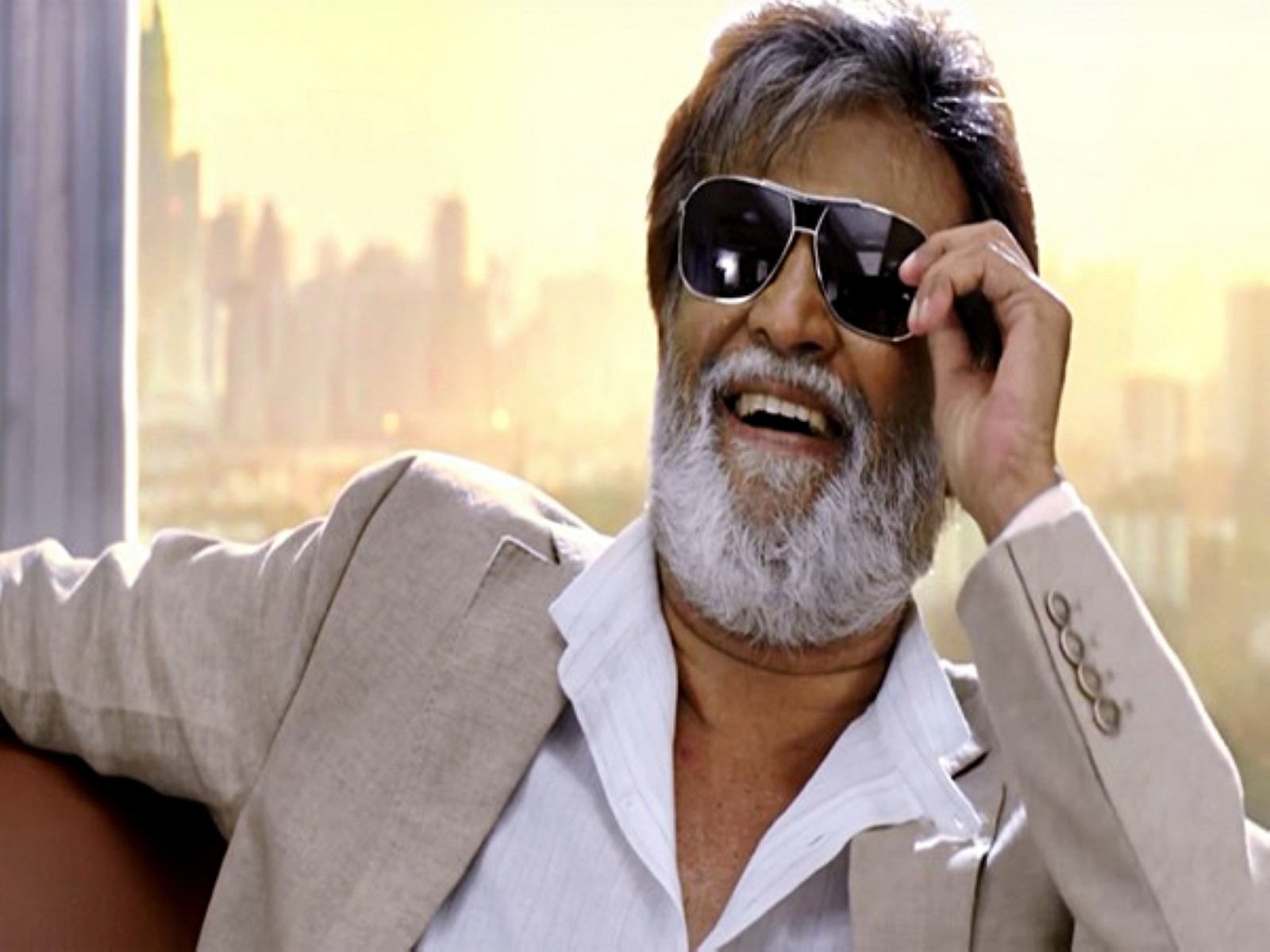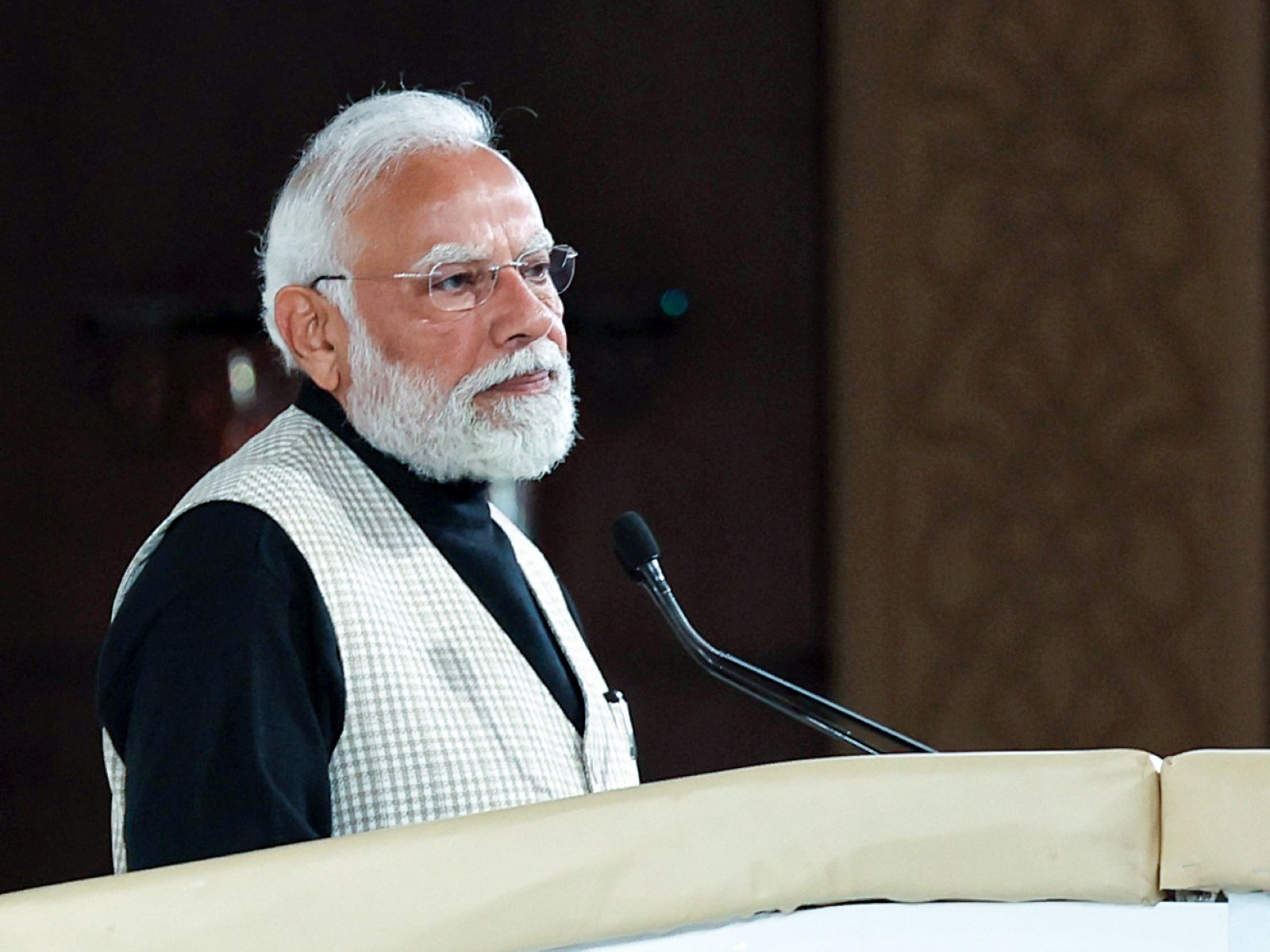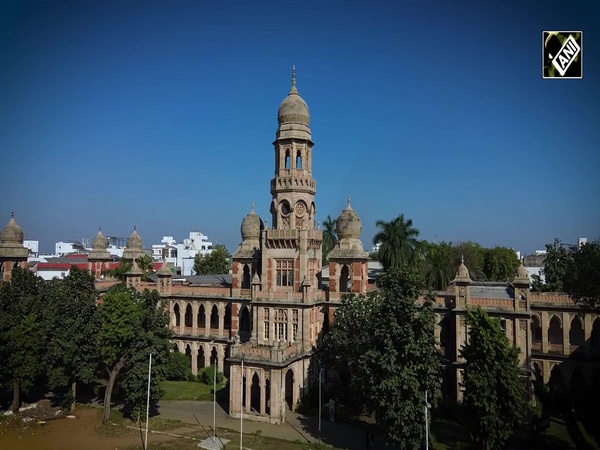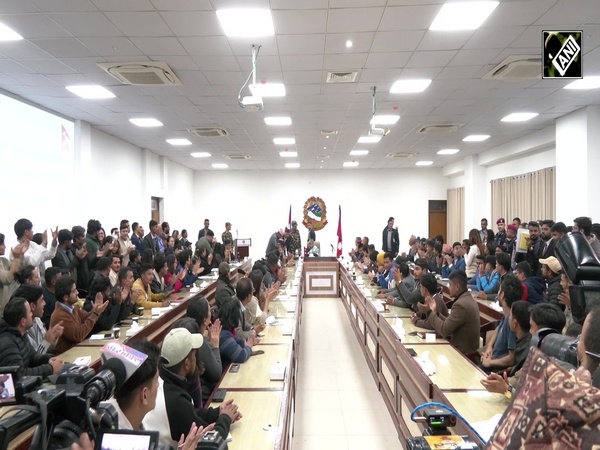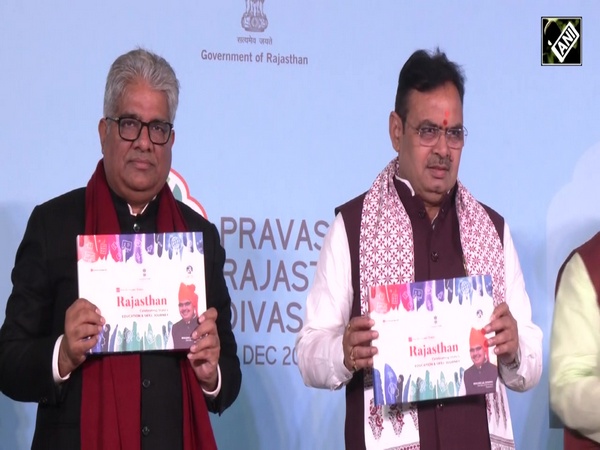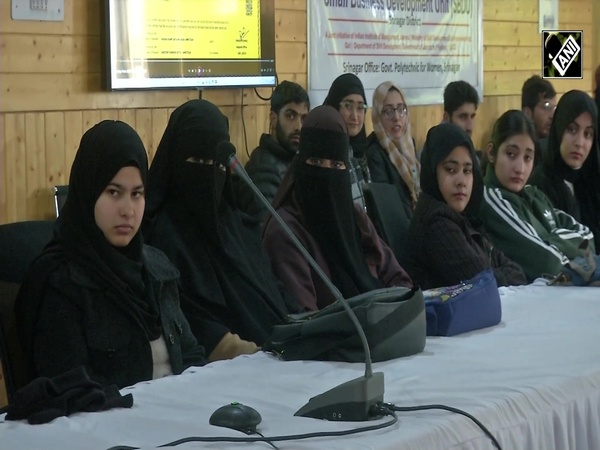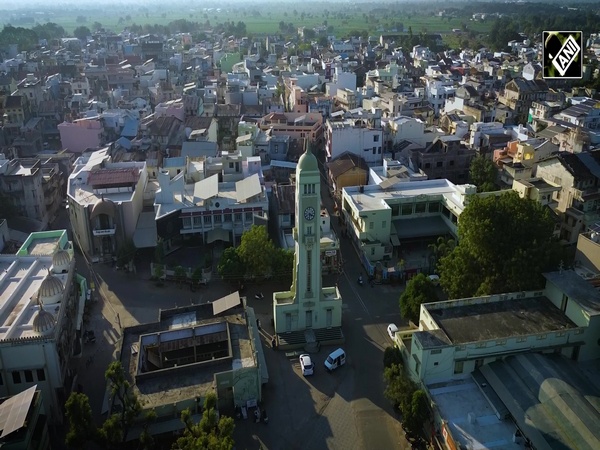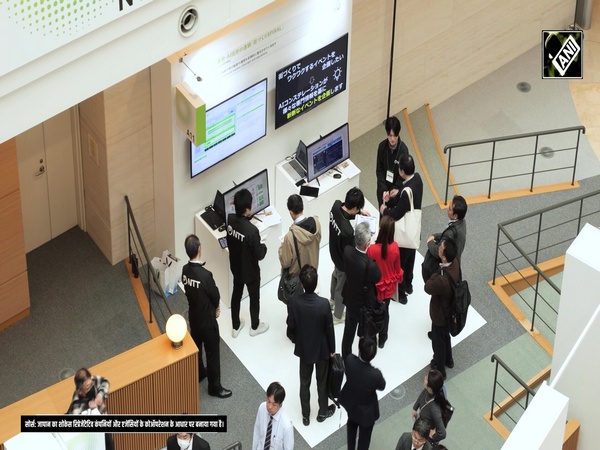Delhi Court dismisses Advocate's appeal over Ayodhya Verdict challenge; imposes total Rs 6 Lakh cost for 'frivolous and luxurious litigation'
Oct 25, 2025
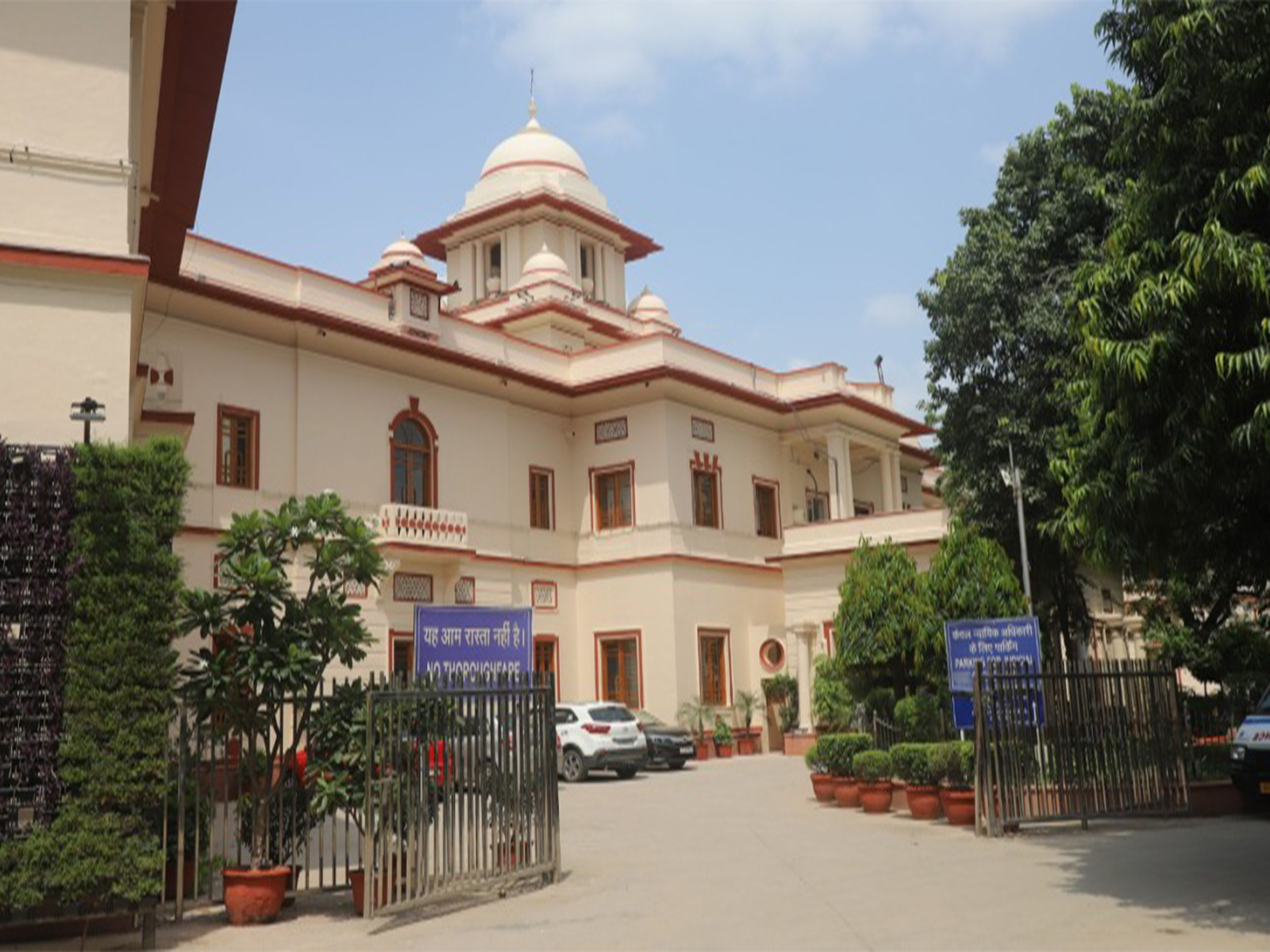
New Delhi [India], October 25 : The Patiala House Court has dismissed an appeal filed by advocate Mehmood Pracha challenging the 2019 Ayodhya verdict, calling the case "wholly frivolous, luxurious and an abuse of the process of law."
The court also imposed an additional cost of Rs 5 lakh, over and above the Rs 1 lakh already levied by the trial court, directing Pracha to deposit a total of Rs 6 lakh with the Delhi Legal Services Authority (DLSA), New Delhi, within 30 days.
The judgment was pronounced by District Judge Dharmender Rana and upheld the trial court's order that had dismissed Pracha's suit seeking a declaration and mandatory injunction against the Supreme Court's 2019 verdict in the Ayodhya title dispute.
In his suit, Pracha claimed that former Chief Justice of India DY Chandrachud, who was one of the five judges on the Supreme Court bench that decided the Ayodhya case, had in a public speech last year at Kanesar, Pune, "admitted that the Ayodhya judgment was delivered in accordance with a solution provided to him by Bhagwan Shri Ram Lala Virajmaan" -- the deity who was one of the plaintiffs in the title dispute.
Relying on this alleged statement, Pracha argued that the Supreme Court judgment dated November 9, 2019, in M. Siddiq (D) through LRs vs Mahant Suresh Das & Ors, stood "vitiated by fraud" and was "null and void". He sought a fresh adjudication of the Ayodhya case and a declaration that the previous verdict had been rendered unlawfully.
The trial court dismissed Pracha's suit in April 2025, holding that he lacked locus standi and that his case disclosed no cause of action. The court also imposed a cost of ₹1 lakh, describing the litigation as a misuse of judicial resources.
Pracha challenged this order, contending that as a member of the Muslim community--whose rights were directly affected by the Ayodhya verdict--he was an "aggrieved person" entitled to approach the court. He argued that judges are not above the law, and that the trial court erred in holding that the suit was barred by constitutional principles.
He further submitted that the court "miscarried itself" by not considering the fraud allegations on merits and by imposing a cost beyond the statutory limit under Section 35(A) of the Civil Procedure Code (CPC).
Rejecting all arguments, District Judge Dharmender Rana observed that Pracha had challenged the Ayodhya verdict "on absolutely frivolous grounds without even going through the judgment." The court found that the appellant had "misunderstood the distinction between the Supreme God and the juristic personality litigating before the Court," noting that the former CJI's remarks, when read in context, did not amount to any admission of wrongdoing.
Quoting the Ayodhya judgment itself, the court explained that the "conferral of legal personality on a Hindu idol is not the conferral of legal personality on divinity itself," and that Pracha's claim was based on a "fundamental confusion between faith and law."
Judge Rana added that the insistence on impleading a former Chief Justice of India "soon after his retirement speaks volumes against the appellant's oblique intent." The court noted that instead of assisting the judicial process, the appellant had "opted to augment the problem."
In a strongly worded order, Judge Rana observed that "a luxurious and frivolous litigation is a direct onslaught upon the fundamental rights of sincere litigants patiently waiting in queue for redressal." The court remarked that judicial time is a "precious entity" that must not be squandered by "unscrupulous litigants."
Citing Supreme Court precedents such as Bar Council of Maharashtra vs M.V. Dabholkar (1976), Ram Rameshwari Devi vs Nirmala Devi (2011), and Dnyandeo Sabaji Naik vs Pradnya Prakash (2017), the court emphasized that members of the Bar have a moral and professional duty to uphold the sanctity of the judicial process and refrain from filing baseless or politically motivated cases.
Judge Rana further held that while Section 35(A) of the CPC provides for a limit of Rs 3,000 on costs, higher courts have repeatedly upheld the imposition of exemplary and deterrent costs in frivolous matters to safeguard the integrity of the judicial system.
"The menace of luxurious and frivolous litigation which tends to impede the unsullied flow of justice needs to be dealt with an iron hand," the court said, adding that the cost of Rs 1 lakh imposed by the trial court was insufficient to achieve the intended deterrent effect.
Accordingly, the court dismissed the appeal and imposed an additional cost of ₹5 lakh, directing Pracha to deposit the total Rs 6 lakh (Rs 1 lakh imposed by the trial court and Rs 5 lakh by the appellate court) with the Delhi Legal Services Authority (DLSA) within 30 days. In case of default, the DLSA Secretary was authorized to initiate recovery proceedings.
Judge Rana concluded with an observation, "the situation becomes distressful when the protector himself turns predator. The appellant herein, despite being a fairly senior counsel, has opted to choose the wrong color of jersey. Instead of participating in the solution, he has opted to augment the problem."
